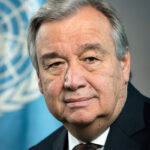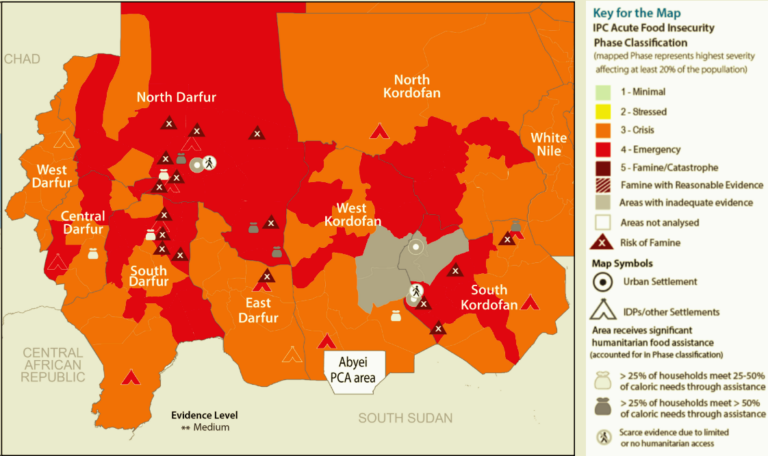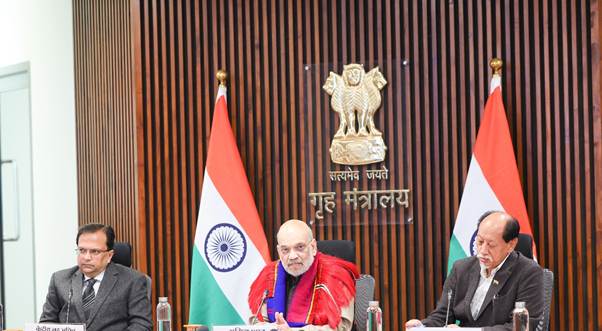
New York: There has been a need for a large-scale response to the economic devastation as the Coronavirus pandemic continues to wreak havoc around the world. The United Nations has expressed its concerns that the response has not kept pace. The world has achieved a tragic milestone with the death of over one million people because of COVID-19. Over 33 million people have got infected and the numbers are still swelling.
Global income from work has already declined by more than 10 per cent in the first three quarters of the year, according to the International Labour Organization (ILO). In middle-income countries, the figure is as high as 15 per cent. Women and those employed in the informal sector have shouldered the heaviest burdens. The global hunger crisis has moved into a “new and dangerous” phase. In several humanitarian crisis situations, the risk of famine looms. In South America, 17.1 million people are severely food insecure, compared with 4.5 million just seven months ago. Government expenditures have skyrocketed, while tax revenues have plummeted. This squeeze is compounded by catastrophic contractions of up to 40 per cent in foreign direct investment and up to 20 per cent in trade.

“The economic and social consequences are as bad as we feared, and in some cases, worse. We are suffering the largest economic contraction since the Second World War,” United Nations Secretary-General António Guterres’ the High-Level Meeting on Financing for Development in the Era of COVID-19 and Beyond, yesterday.
Also read: “The world has a high fever and is burning up”
Guterres’ pointed out that although countries, individually and together, had reacted swiftly to the crisis, with a fiscal response of more than $11.5 trillion globally, as of the end of August, just 2.5 per cent of this global fiscal stimulus was accounted for by developing and emerging economies, which had the greatest need, least resources and weakest capacities for addressing the crisis.
“So far, we have not yet seen enough solidarity to assist with the massive and urgent support those countries and communities need. The international community should also increase the resources available to the International Monetary Fund, including through a new allocation of Special Drawing Rights and a voluntary reallocation of existing Special Drawing Rights,” he told media persons separately during media briefing along with Prime Ministers Justin Trudeau of Canada and Andrew Holness of Jamaica.
He cautioned that vulnerability, and the importance of taking national circumstances into account were cross-cutting themes. “We must ensure that digital tools are deployed to overcome rather than deepen existing divides. And we must all recognize the importance of promoting women’s leadership, contributions and equal participation,” he said.
The UN Secretary-General suggested three focus areas :
- To make a collective decision now to mobilize resources for diagnostics, treatments and vaccines — “the most effective way of ending the pandemic”.Guterres pointed out that the Access to COVID-19 Tools (ACT) Accelerator – a groundbreaking global collaboration to accelerate development, production, and equitable access to COVID-19 tests, treatments, and vaccines – had proven its worth and started rolling out the “only proven therapy” for disease and had built a broad portfolio of vaccines. “But, it needs $15 billion for the next three months to scale up the achievements so far, and a total of $35 billion to ensure equitable access to a global vaccine. It is time for countries to draw funding from their own response and recovery programmes for this global public good,” he said. According to him traditional [official development assistance] budgets “will simply not be enough. We cannot reopen the global economy fully until we stop this virus in its tracks”.
- To relieve debt distress — Debt relief cannot be limited to least developed countries and must be expanded to all developing and middle-income countries that really need it wherein these countries must have more time to make payments. So international financial institutions must have the resources they need to increase funding to developing and middle‑income countries that are highly vulnerable and in debt distress. The private sector, including the credit rating agencies, must be engaged in relief efforts. The Debt Service Suspension Initiative should be extended and its scope expanded to all developing and middle-income countries in need. (In April, the World Bank’s Development Committee and the G20 Finance Ministers had endorsed the Debt Service Suspension Initiative (DSSI) in response to a call by the World Bank and the International Monetary Fund to grant debt-service suspension to the poorest countries to help them manage the severe impact of the COVID-19 pandemic). Guiterres’ said the G20’s Debt Service Suspension Initiative, which has created fiscal space in the world’s poorest countries, does not address the magnitude of the crisis. “Unless we take action now, we face a global recession that could wipe out decades of development and put the 2030 Agenda for Sustainable Development completely out of reach,” he said.
- To pay specific attention to Africa’s development financing needs — “We will not achieve the SDGs [Sustainable Development Goals] if we do not achieve them in Africa. We need to pay specific attention to Africa’s development financing needs. We must meet existing commitments under the Addis Ababa Action Agenda, particularly those on reducing the illicit financial flows that cost developing countries billions of dollars every year; combating tax evasion and corruption; and supporting efforts for domestic resource mobilization.”
Guterres’ urged G20 countries to consider innovative initiatives with a special purpose of creating new lending facilities for concessional funding that would significantly lower borrowing costs and support financial sustainability. “We urgently need solutions for every region that will enable investments in response and recovery, and in the 2030 Agenda for Sustainable Development,” he said.
– globalbihari bureau





